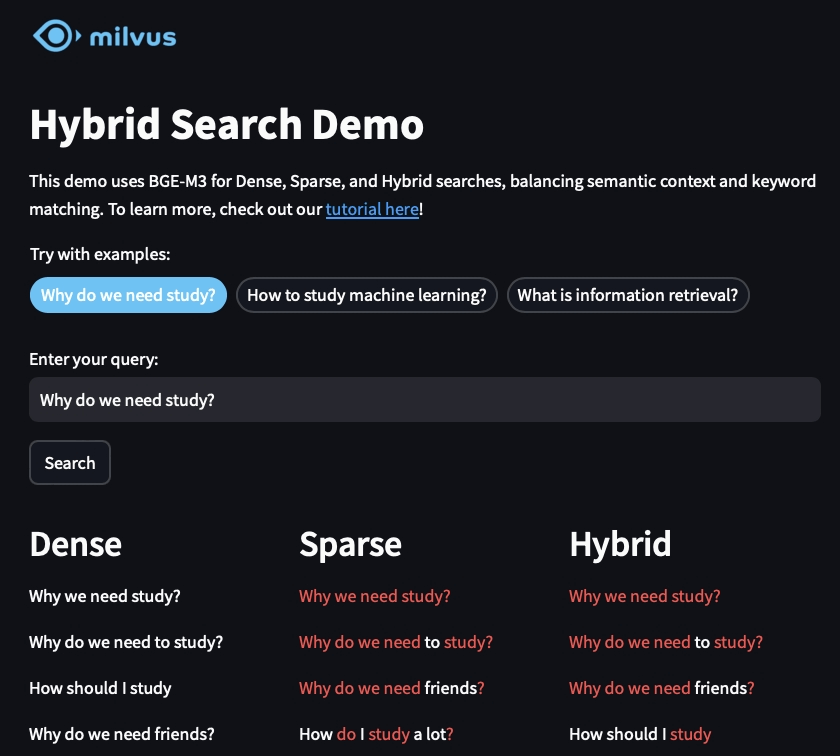Exact match and fuzzy search are two distinct approaches to finding information in a dataset. The key difference lies in how strictly they interpret the search criteria. Exact match requires a query to perfectly align with the data in the target field, while fuzzy search tolerates minor discrepancies like typos, spelling variations, or partial matches. This distinction makes each method suitable for different scenarios, depending on the need for precision versus flexibility.
Exact match is straightforward: it returns results only when the search term and the data are identical. For example, searching for the product ID “ABC-123” in a database using exact match will return records where the ID is exactly "ABC-123"—nothing more, nothing less. This approach is critical in cases where precision is non-negotiable, such as verifying passwords, matching unique identifiers, or filtering database entries with strict constraints. SQL queries often use exact match with operators like =, or in APIs where parameters require specific values. However, exact match fails when users make minor errors, like a missing hyphen in “ABC123” or a case-sensitive typo like "Abc-123", leading to no results even if the intended data exists.
Fuzzy search, on the other hand, uses algorithms to approximate the intent behind a query. It accounts for variations by measuring similarity between the search term and the data. For instance, a fuzzy search for “color” might return “colour” (British English spelling), while a search for “appel” could correct to "apple". Techniques like Levenshtein distance (which counts character edits needed to transform one string into another) or token-based matching (breaking terms into parts) enable this flexibility. Search engines, autocomplete features, and data-cleaning tools often rely on fuzzy logic to handle real-world inconsistencies. However, fuzzy search can introduce false positives—like matching “pear” to “bear” due to a one-letter difference—and may require tuning parameters (e.g., setting a maximum allowed edit distance) to balance accuracy and recall.
Developers choose between these methods based on context. Exact match is ideal for structured data where consistency is guaranteed, such as primary keys in databases or filtering enumerated types. Fuzzy search suits user-facing applications like search bars or natural language processing, where input variability is high. Some systems combine both: for example, an e-commerce site might first attempt an exact match for a product SKU, then fall back to fuzzy search if no results are found. Tools like Elasticsearch or PostgreSQL’s pg_trgm extension provide built-in support for fuzzy matching, allowing developers to implement it without reinventing the wheel. Understanding the trade-offs between precision and flexibility ensures the right approach is applied to the problem at hand.
